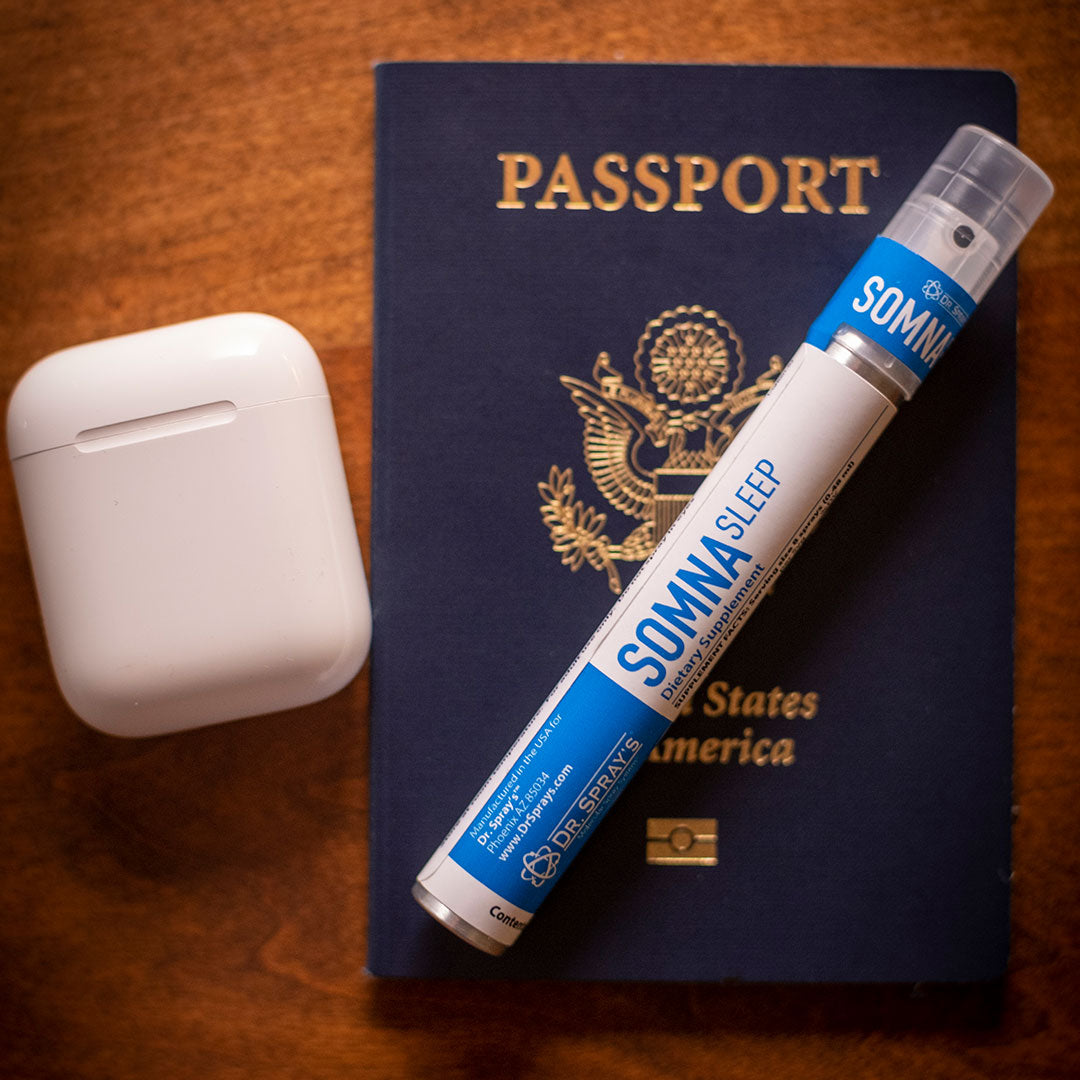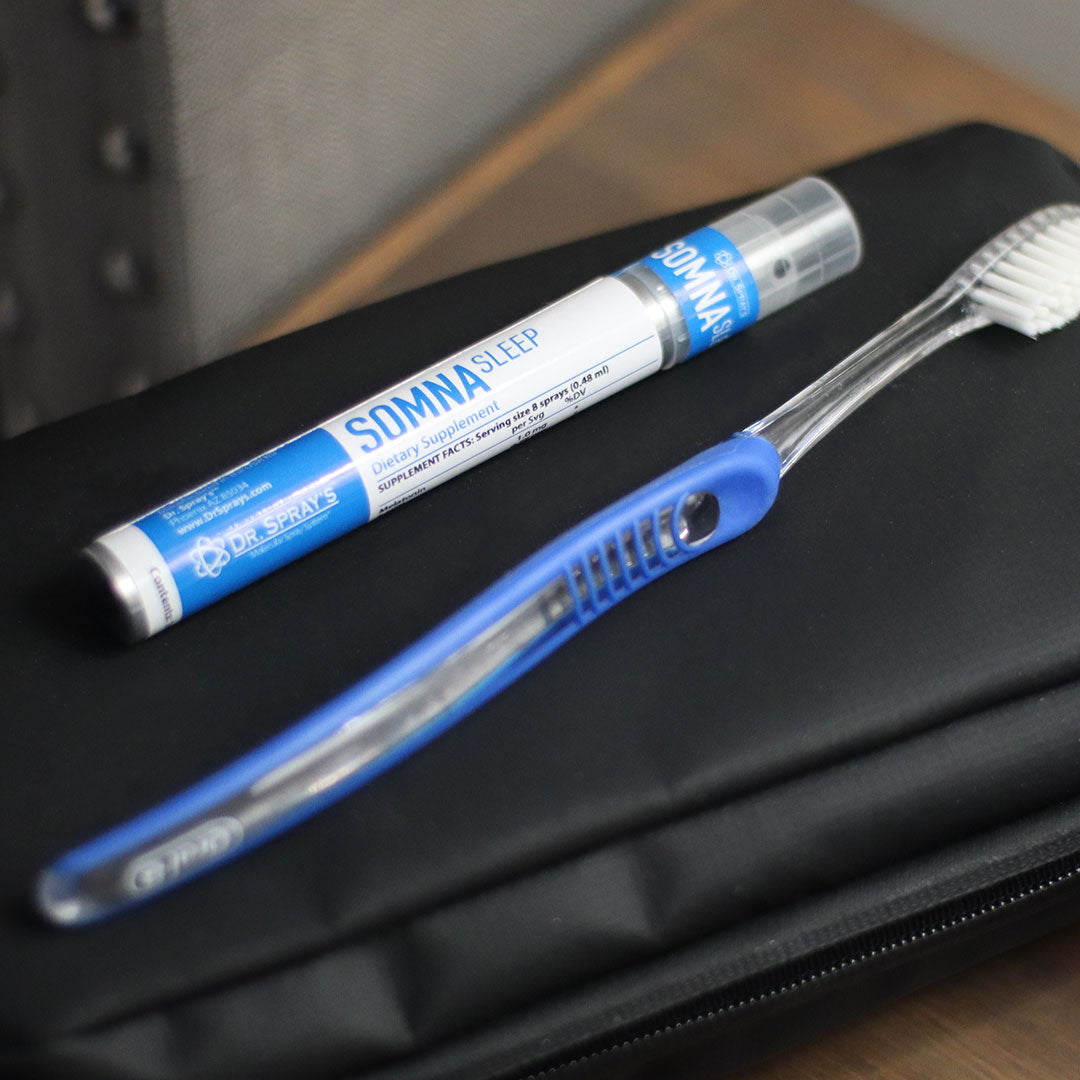How Can I Get My 8 Year Old To Sleep?
If your 8 year old is having trouble sleeping, there are a few things you can try to help them get a good night's rest.
First, make sure their bedroom is dark and quiet. This will help cue their body that it's time to sleep. You can also try reading them a calm story or singing a lullaby to help them relax.
If your child is still having trouble sleeping, you can talk to their doctor about other options. They may recommend a sleep study to rule out any underlying medical conditions. With some simple lifestyle changes and perhaps a little help from the doctor, your child can get the sleep they need!
1. Get on a schedule. A regular bedtime routine will signal to your child that it's time to wind down for the night. Set aside some time each evening for a bath, story, and lights out.
2. Keep electronics out of the bedroom. This includes not only TV and video games, but also phones, tablets, and laptops. The bright screens can stimulate the brain and make it harder to fall asleep.
3. Limit caffeine. Yes, that means no more soda or chocolate after dinner. Caffeine can stay in the system for up to 6 hours, so it's best to avoid it in the evening.
4. Make the bedroom conducive to sleep. A dark, quiet room is ideal. Consider investing in blackout curtains and a white noise machine to help your child drift off to sleep.
- Create a bedtime routine and stick to it. A few minutes of reading or quiet conversation before lights out can help your child transition from wakefulness to sleepiness.
- Limit screen time before bed. The blue light from screens can interfere with melatonin production, making it harder to fall asleep.
- Encourage physical activity during the day. Exercise can help tire out little bodies and minds, making it easier to fall asleep at night.
- Don't forget the basics. Make sure your child is getting enough fluids during the day and limit caffeine intake after lunchtime.
With a little trial and error, you should be able to find what works best for your child and help them get the restful sleep they need.










